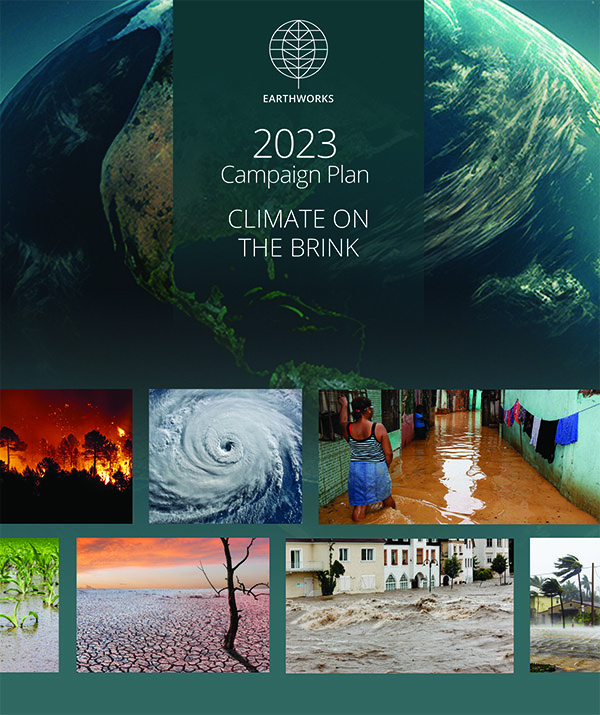The Clock is Ticking
The 2030 deadline for halving carbon emissions looms ever closer. While we race to prevent the climate crisis from becoming even worse, we also want to build a new, sustainable energy system that doesn’t repeat the destructive mistakes of the past by harming communities and ecosystems through dirty mining.
Earthworks is partnering with grassroots leaders to rein in the worst abuses of the fossil fuel and mining industries while working against the clock to promote clean energy alternatives that are truly just and sustainable.
Read Earthworks’ Campaign Plan and then take a short survey to let us know what you think.
- Partnering with grassroots and frontline communities to demand an end to fossil fuel expansion.
- Holding corporations accountable for their words and actions.
- Influencing policies to reform mining practices and reduce methane pollution.
- Developing a just and sustainable renewable energy future that doesn’t rely on dirty mining.
- Share your feedback.

Partnering with Grassroots and Frontline Communities to Demand an End to Fossil Fuel Expansion
Oil and gas companies are not safe neighbors. The health risks of living near fossil fuel operations and their climate impacts are well documented. Yet local, state, and federal governments are still backing irresponsible infrastructure proposals that would expand the industry’s footprint in the U.S. when we know that fossil fuels must be phased out.
Earthworks is supporting local resistance to specific projects and building stronger regional coalitions to defeat the industry’s expansion plans for good.
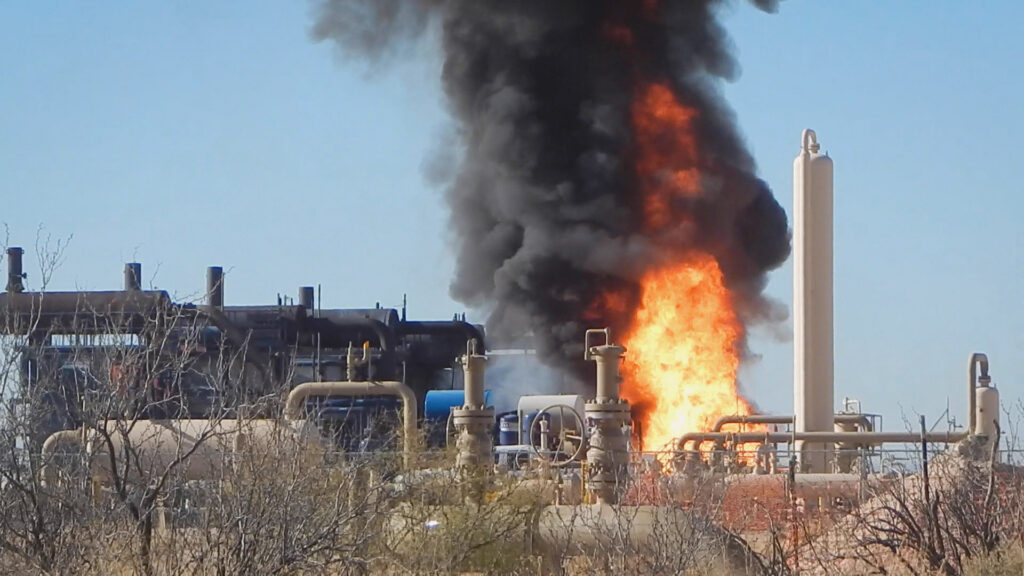
In the Permian Basin and Gulf Coast, we are building power with the Permian Gulf Coast Coalition, a network resisting the establishment of new oil and gas infrastructure from Louisiana to Texas. None of the oil, gas, and plastics infrastructure projects that Earthworks has been opposing have begun construction and several continue to be significantly delayed. We plan to keep it that way.
“My message to whomever rides along during these investigations is simple: oil and gas destroys lives, specifically in already marginalized communities, and any new fossil development will downright ruin any chance we have to avoid climate catastrophe.”
— Sharon Wilson, Earthworks’ Senior Field Advocate
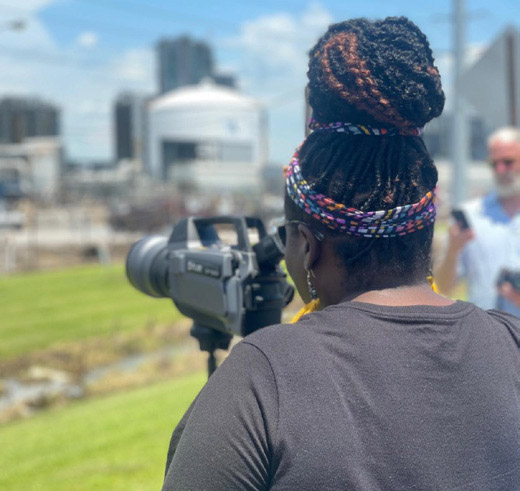
We will continue to support grassroots activists RISE St. James in St. James Parish, Louisiana, who are leading the campaign to stop the development of the Formosa plastics plant, which would emit over 800 tons of toxic pollution into the air, exacerbating environmental racism and harming the health of St. James’ predominantly Black residents in a region known as “Cancer Alley.”
Last year, the EPA denied Formosa an air pollution permit, sending them back to the drawing board. This year, we will engage in the environmental review process to show the climate, environmental, and public health impacts that the project would have.
We will also deepen the connections between activists in the U.S. and those in Taiwan, where Formosa is based, to pressure investors and insurers to withdraw their support for the project.

Holding Corporations Accountable for their Words and Actions
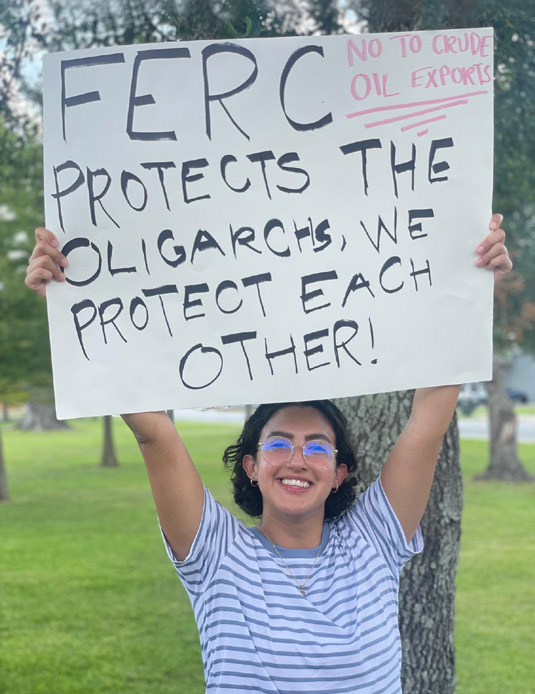
Fossil fuel companies are pumping out propaganda that claims they are part of the solution to the climate crisis, when their real agenda is delaying climate action as long as possible to sustain their profits. We will counter false industry claims by revealing the truth, educating the media about the faulty science behind their so-called methane mitigation strategies, and calling for greater industry transparency and accountability.
Optical Gas Imaging (OGI) cameras show the impacts of oil and gas by recording methane pollution not visible to the human eye. We will continue using OGI to help communities hold operators accountable for their pollution and push for better regulations and enforcement by local, state, and federal governments.
This year, Earthworks will expand this powerful tool’s reach internationally to pressure governments into upholding their global methane commitments.
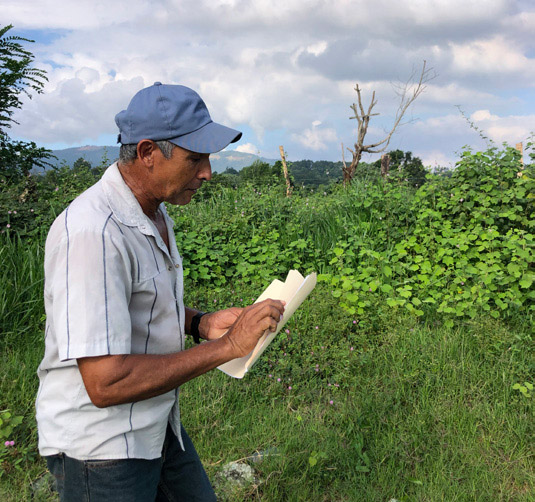
New proposals for mining within the U.S. are surging on Indigenous land. We will strengthen local movements to protect communities, watersheds, and iconic lands from irresponsible mining in Montana, Idaho, California, Nevada, Arizona, and Alaska.
In Brazil, the Dominican Republic and Papua New Guinea, we will continue to support grassroots coalitions advocating for improved mine waste management to protect local people, oceans and rivers.

Influencing Policies to Reform Mining Practices and Reduce Methane Pollution
New, stronger EPA methane rules are critical to reducing climate pollution, but require enforcement with teeth.
Our field teams in key states like Colorado, New Mexico and Pennsylvania will ensure that upcoming state implementation plans are effective to curb emissions and protect community health and safety. In Texas, long resistant to oversight of the oil and gas industry, the new EPA rules give us a real opportunity to make progress through federal enforcement.
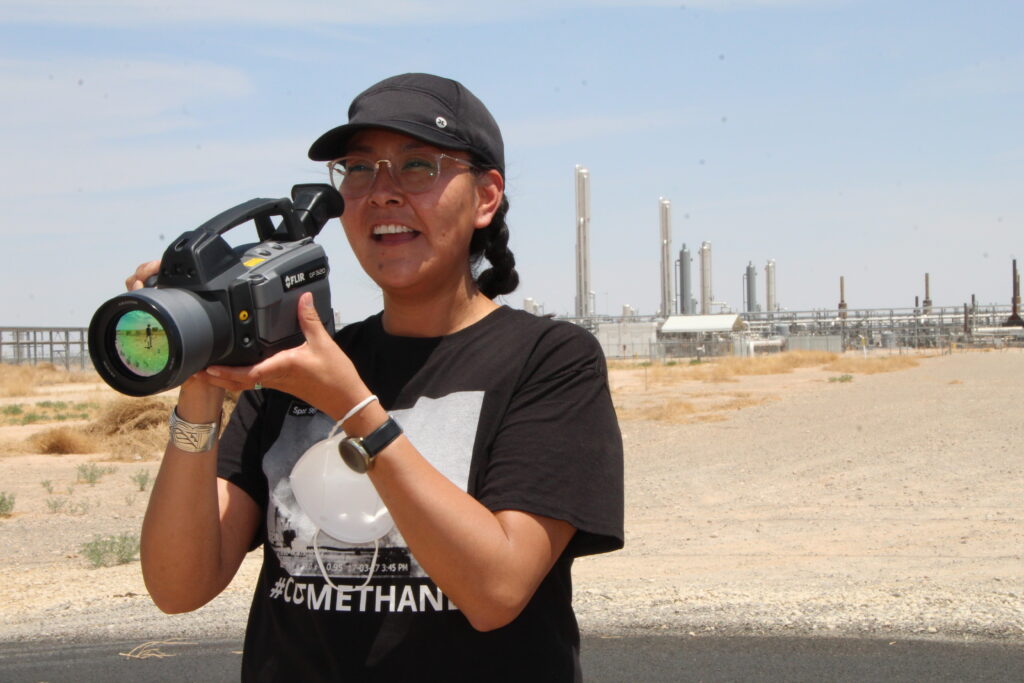
We will build on our recent successes with the Biden Administration and Congress in recognizing the need for federal mining reform to support sustainable mineral sourcing for a just, clean, and equitable transition to renewable energy.
We will advocate for strong hardrock mining regulations from the Department of the Interior that allow land managers to prioritize other land uses, conservation values, and Indigenous rights protections over mining. We will also push for the advancement of the Clean Energy Minerals Reform Act.
“The climate crisis has disproportionately harmed, and continues to harm, those who have contributed to it the least.
“Building a sustainable economy based on clean energy gives us a historic opportunity to confront the legacy of injustice to Indigenous communities and damage to the public lands held in trust for future generations. Seizing that opportunity requires policies prioritizing recycling and reuse over new mining.”
— Aaron Mintzes, Earthworks’ Senior Policy Counsel

Developing a Just and Sustainable Renewable Energy Future that Doesn’t Rely on Dirty Mining
Earthworks supports the transition to 100% renewable energy. Mining companies have been lobbying to fast-track new mining and reduce safeguards in the name of meeting demand for renewable energy minerals.
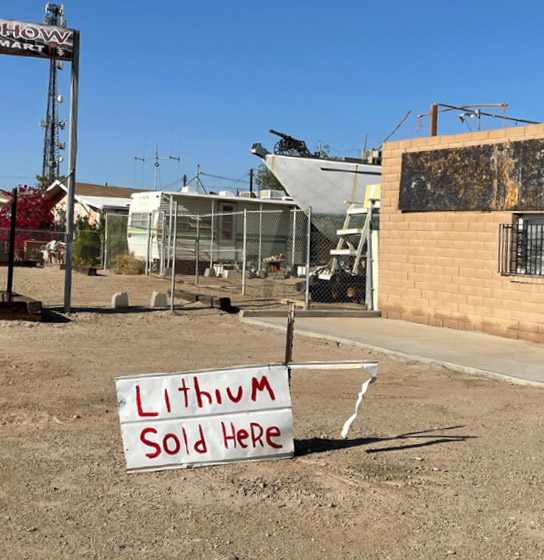
Mining poses serious risks that cannot be ignored, and that we don’t need to incur in order to transition to clean energy. Hardrock mining is the number one source of toxic pollution, and mining for minerals like lithium, copper and rare earths for renewable energy technologies disproportionately impacts the health and human rights of Indigenous and local communities.
Mining cannot move forward responsibly unless there is informed consent and input from these communities.
Earthworks will continue to foster and participate in spaces for dialogue and movement-building among mining impacted communities, such as the Indigenous-led SIRGE (Securing Indigenous Peoples Rights in the Green Economy) Coalition. We will continue to educate electric vehicle companies about mining impacts and sourcing minerals through more socially and environmentally responsible practices.
The mining industry claims we need to expand mining, but we will counter with new research into recycling and the circular economy. We will shift the public conversation away from new extraction toward more equitable, just, and sustainable solutions.
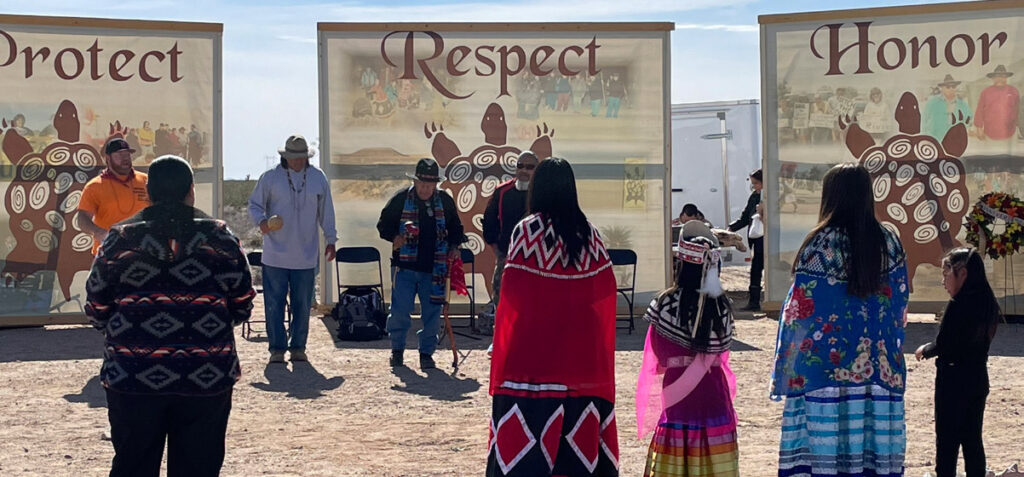
Your Support Makes Our Work Possible
Earthworks helps families on the front lines of mining, drilling, and fracking. We use sound science to expose health, environmental, economic, social, and cultural impacts of mining and energy extraction. To support our efforts, please consider a tax-deductible donation today that will go toward our work reforming government policies, improving corporate practices, influencing investment decisions, and encouraging responsible materials sourcing and consumption.

